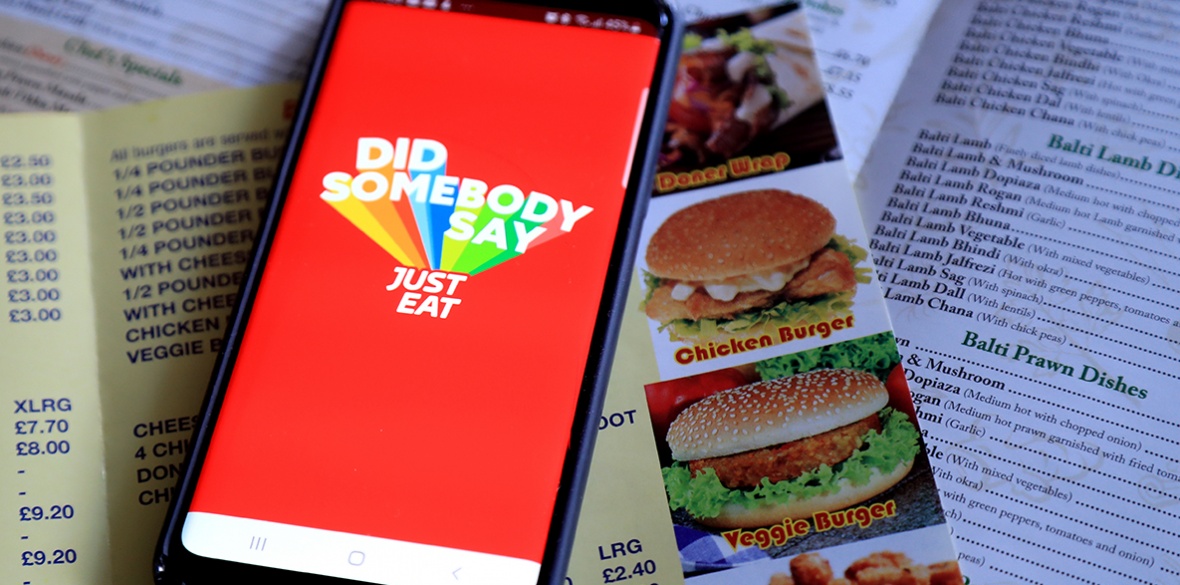This is the last article you can read this month
You can read more article this month
You can read more articles this month
Sorry your limit is up for this month
Reset on:
Please help support the Morning Star by subscribing here
JUST EAT granting a minimum hourly rate and sick pay to riders in Liverpool is “a step in the right direction,” but workers still deserve more, their union said today.
After similar steps in London and Birmingham, the takeaway delivery giant is set to offer 1,500 riders on Merseyside a minimum rate, sick pay and paid holidays by the end of the year as it moves away from using independent contractors.
But the Independent Workers Union of Great Britain (IWGB) noted that, despite the changes, most riders were still being paid little more than the minimum wage.
Just Eat’s new model stops short of giving riders the full benefits enjoyed by employees, but as “workers” they are entitled to more than the legal minimum in hourly pay, pension contributions and other benefits.
Riders will also work set shifts, be provided with e-bikes or e-mopeds and have the option to operate from a central hub, where they can take breaks. But they will no longer be allowed to work for other companies at the same time.
Just Eat UK managing director Andrew Kenny said the changes were “the right thing to do,” suggesting that they would be rolled out to other locations nationwide.
IWGB president Alex Marshall commented that the company was taking “a step in the right direction but still not where it should be to offer a sustainable job that people can build a life around.”
Low pay is still a major issue, he added, and riders with other courier firms such as Stuart, who have previously delivered Just Eat meals as well, were not being offered first choice of the new roles.
“It would be good if they spoke to workers about what they want, rather than [engaging in] a PR stunt,” he stressed.
Just Eat said its new worker roles were “open to anyone that wants to apply to them and [current] riders are not discouraged from applying.”
Gig-economy companies are under pressure to change their business model after a Supreme Court ruling in February that forced Uber to pay its drivers in Britain the minimum wage and holiday pay.
The verdict was a major victory for the GMB union, which had brought the case.











